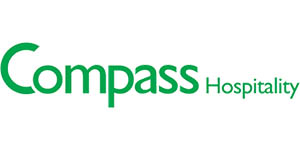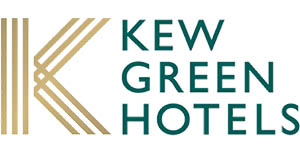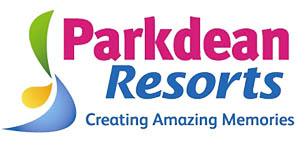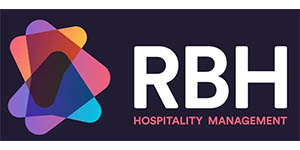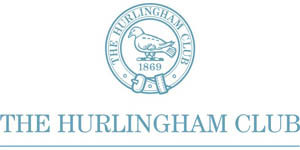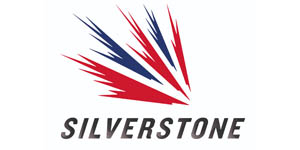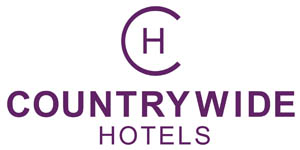The UK hospitality industry is a vital sector of the economy that generates billions of pounds in revenue each year. However, it is also an industry that is characterised by a high turnover rate and a workforce that is often underpaid and undervalued. In this context, training is essential for ensuring that employees are equipped with the skills they need to perform their jobs effectively and efficiently. However, poor training can have hidden costs that impact both the bottom line of a hospitality business and the well-being of its staff members.
One of the most significant hidden costs of poor training is higher employee turnover. When employees feel unprepared or unsupported in their roles, they are more likely to leave their jobs, which can result in high recruitment and training costs for the business. In fact, according to a study by Planday, the hospitality industry has one of the highest staff turnover rates in the UK, with an average of 30% of employees leaving their jobs each year. This turnover rate can be even higher for certain roles, such as kitchen staff and bartenders.
In addition to turnover costs, poor training can also result in decreased productivity and efficiency. When employees are not trained properly, they may take longer to complete tasks, make more mistakes, and require more supervision. This can lead to slower service times, decreased customer satisfaction, and lost revenue for the business. Furthermore, staff members who are not properly trained may experience more stress and burnout, which can further decrease their productivity and morale.
Another hidden cost of poor training is an increased risk of accidents and injuries. In the hospitality industry, employees are often required to work with potentially dangerous equipment and materials, such as knives, hot surfaces, and cleaning chemicals. Without proper training, employees may be more likely to make mistakes or take shortcuts that can result in accidents and injuries. This not only puts the employee at risk but can also result in costly workers’ compensation claims and legal fees for the business.
Finally, poor training can also have a negative impact on customer satisfaction and the overall reputation of the business. When customers receive poor service or encounter staff members who are not properly trained, they are likely to have a negative impression of the business, which can lead to lost revenue and a damaged reputation. In today’s age of online reviews and social media, a negative customer experience can quickly go viral, resulting in even more damage to the business’s reputation.
In conclusion, the hidden costs of poor training within the UK hospitality industry can be significant. High turnover rates, decreased productivity and efficiency, increased risk of accidents and injuries, and damaged reputation can all result from inadequate training. It is essential for hospitality businesses to invest in comprehensive training programmes that prioritise the safety, well-being, and effectiveness of their staff members. By doing so, businesses can improve their bottom line, enhance their reputation, and provide better service to their customers.
Get in touch to find out more about Capcon’s training solutions, tailored for the hospitality industry and bespoke to each clients’ requirements.











